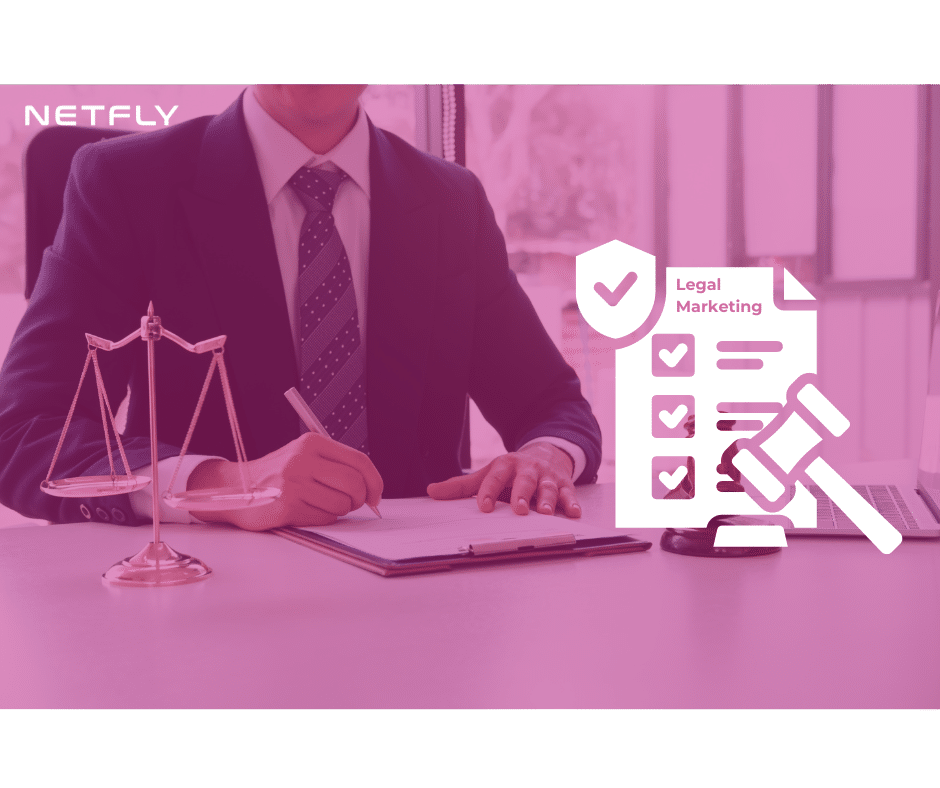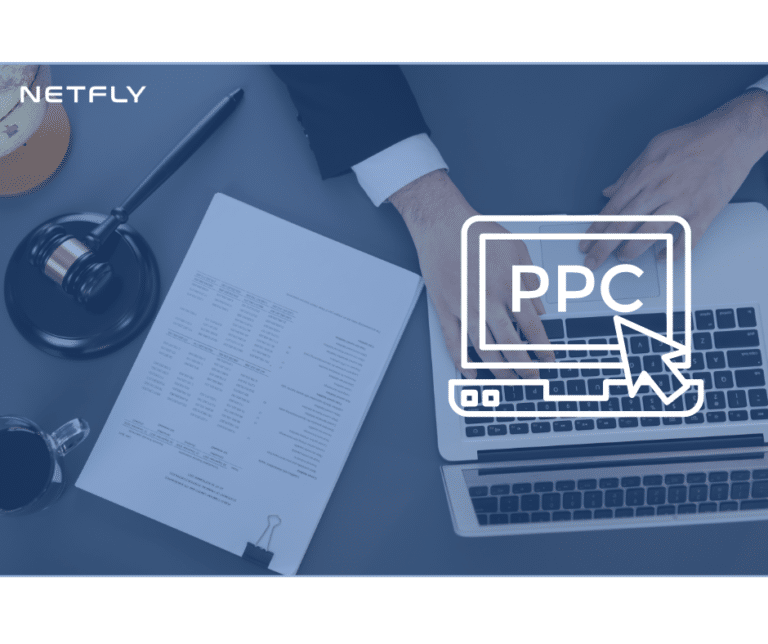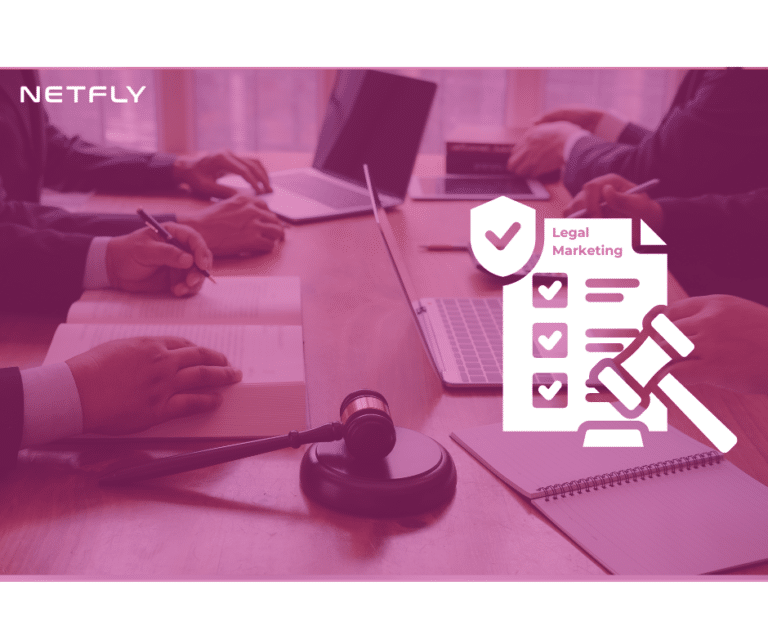Key Takeaways
- Streamline Billing:
Utilize automated billing systems and robust time tracking tools to record and charge all billable hours accurately. - Reduce Overhead Costs:
Regularly audit and review financial practices to identify and cut unnecessary expenses without compromising service quality. - Prioritize Client Satisfaction:
Foster strong relationships through effective communication and responsiveness to client needs and feedback. - Embrace Technology:
Invest in essential legal tech tools that enhance efficiency, security, and data management. - Expand Marketing Efforts:
Develop a robust online presence, utilize strategic marketing to attract more clients, and establish your firm as a thought leader.
In the competitive landscape of legal services, maintaining and enhancing profitability remains a paramount concern for many law firms. As market dynamics evolve, firms must adopt innovative strategies to stay ahead. This blog post delves into practical methods for boosting the financial health of your legal practice. Focusing on how to improve law firm profitability can lead to sustainable growth and success.
Optimizing Billing Practices
Efficient billing practices are the backbone of a profitable law firm. Transitioning to automated systems can significantly reduce the manual errors and inefficiencies associated with traditional billing. Implementing robust time tracking software ensures that every billable minute is accounted for, enhancing revenue without additional workload.
Cutting Costs Intelligently
Financial prudence is crucial. Regular audits and streamlined operations can substantially lower overhead costs without compromising service quality. Consider renegotiating terms with suppliers or outsourcing non-core tasks to more cost-effective service providers.
Enhancing Client Relationships
A satisfied client not only brings repeat business but also serves as a source of referrals. Improving your firm’s client communication strategies can enhance client satisfaction and loyalty. Regular feedback collection and acting on client suggestions ensures services are client-centric and responsive to their needs.
Investing in Essential Technology
In today’s digital age, investing in technology is non-negotiable. From advanced case management tools to secure cloud storage solutions, technology can drive efficiency and security. Cybersecurity measures are particularly important to protect sensitive client information and maintain trust.
Implementing Strategic Marketing
Developing a robust online presence is essential. Effective SEO strategies ensure your firm appears prominently in search results, drawing more prospective clients. Additionally, a well-crafted content marketing strategy can position your firm as a thought leader in the industry.
Fostering Team Development
Employee satisfaction directly influences productivity and service quality. Offering regular training and career development opportunities can motivate your team and enhance their professional skills. Performance-based incentives also help align individual goals with firm objectives.
Diversifying Legal Services
Exploring new practice areas can tap into unmet client needs and open new revenue streams. However, conducting thorough market research and risk assessment before diversifying too broadly is crucial, as it could dilute your firm’s expertise.
Leveraging Legal Outsourcing
Outsourcing offers a way to handle routine or specialized tasks more efficiently. Whether it’s legal research, document review, or customer support, outsourcing can free up your core team to focus on higher-value activities and cases.
Conclusion
Adopting these strategies can significantly enhance your law firm’s profitability. It requires a proactive approach to management and a willingness to innovate and embrace new practices. For more tailored advice and expert marketing strategies, consider partnering with NETFLY—a Law Firm Marketing Agency. Together, we can craft a marketing plan that boosts your visibility, attracts more clients, and ultimately improves your bottom line.
This comprehensive approach to improving law firm profitability ensures financial health and enhances overall service delivery, client satisfaction, and internal operations.
FAQ
Q1: How can technology specifically improve law firm profitability?
A1: Technology streamlines operations, reduces manual errors, and cuts long-term costs. Tools like case management software and automated billing can save time and enhance accuracy, leading to better profitability through increased efficiency and client satisfaction.
Q2: What are some effective ways to reduce operational costs in a law firm?
A2: Law firms can reduce operational costs by renegotiating vendor contracts, utilizing virtual meeting technologies, downsizing office space if feasible, outsourcing non-core tasks, and transitioning to a paperless office to save on supplies.
Q3: How does client feedback help in improving law firm profitability?
A3: Client feedback provides insights into what clients appreciate and what they feel could be improved. By addressing these areas, firms can enhance service quality, leading to higher client retention rates, more referrals, and increased profitability.
Q4: What should be considered before diversifying into new practice areas?
A4: Before diversifying, firms should conduct thorough market research, assess client demand, consider the firm’s existing expertise, and evaluate the potential return on investment. It’s also important to ensure that the new area complements the firm’s current offerings.
Q5: Can marketing really affect a law firm’s profitability?
A5: Absolutely. Effective marketing increases a firm’s visibility, attracting more clients. A strategic marketing plan, especially one that includes digital marketing, can position the firm in front of the right audience, increase engagement, and convert leads into clients.










